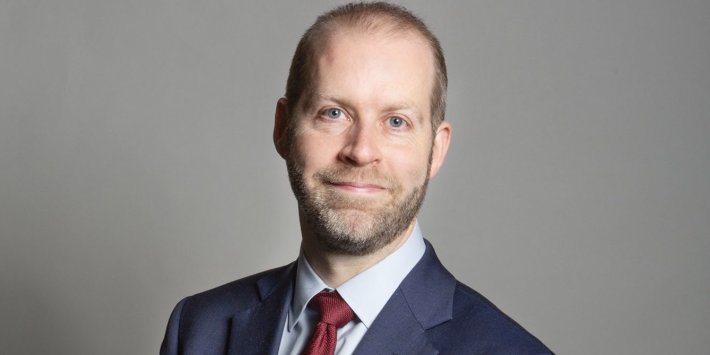Boris Johnson warns UK of ‘bumpy months ahead’ after biggest drop in employment for over a decade
Boris Johnson said the UK would make ‘colossal’ investments to help the economy recover.
4 min read
Boris Johnson has urged Brits to brace for “bumpy months ahead” as new figures showed the economy suffered its biggest drop in employment since 2009.
The Prime Minister vowed to make “colossal investments” in infrastructure and skills as the latest Office for National Statistics data showed 730,000 fewer people were in paid employment in July than in March, when the UK’s coronavirus lockdown began.
But Labour warned the country was already “in the midst of a jobs crisis”.
The self-employed, young workers, those aged 65 and over and part-time staff have been hardest-hit, the figures show.
Speaking on a visit to a hospital on Tuesday, Mr Johnson said: "We always knew that this was going to be a very tough time for people.”
And the Conservative leader added: "What we are going to have to do is to keep going with our plan to 'build, build, build' and build back better, and ensure that we make the colossal investments that we can now make in the UK economy to drive jobs and growth.
“I’ve always been clear that we can’t protect every job, but through our Plan for Jobs we have a clear plan to protect, support and create jobs to ensure that nobody is left without hope" - Chancellor Rishi Sunak
"Obviously what we want to see is a return to economic vitality and health.
“Some parts of the economy are undoubtedly showing great resilience but clearly there are going to be bumpy months ahead and a long, long way to go."
That message came after Chancellor Rishi Sunak talked up a host of measures unveiled by the Treasury to try to protect jobs “that could otherwise have been lost”.
“I’ve always been clear that we can’t protect every job, but through our Plan for Jobs we have a clear plan to protect, support and create jobs to ensure that nobody is left without hope," he said.
'LARGEST QUARTERLY INCREASE SINCE 2009'
The ONS data show that unemployment has not surged as much as expected as firms make use of the Government’s furlough scheme, which ends in October.
The unemployment rate remains at 3.9%, largely unchanged on last year and the previous quarter.
Redundancies increased by 27,000 on the quarter, rising to 134,000, the highest level since February to April 2013 — although the ONS said this remained “well below that seen during the 2008 downturn”.
Meanwhile the Claimant Count, which measures the number of people claiming benefits aimed at helping the unemployed, rose by 3.6% between June and July, with another 94,400 seeking help.
Overall it has increased by 116.8% — or 1.4million — since March.
The ONS said: “The decrease in employment on the quarter was the largest quarterly decrease since May to July 2009 with both men and women seeing decreases on the quarter.”
And deputy national statistician Jonathan Athow said: "The groups of people most affected are younger workers, 24 and under, or older workers and those in more routine or less skilled jobs.
"This is concerning, as it's harder for these groups to find a new job or get into a job as easily as other workers."
'JOBS CRISIS'

Responding to the data, Labour’s Shadow Work and Pensions Secretary Jonathan Reynolds (pictured) said: “These figures confirm what we feared - Britain is in the midst of a jobs crisis.
"It is extremely worrying that this increase in unemployment has hit older workers, the self-employed and part-time workers hardest.”
He added: "The Government must wake up to the scale of this crisis, and put an end to this jobs crisis and adopt a more flexible approach targeted at the sectors who need it most.
"Every job lost is a tragedy and we must do all we can to safeguard people’s livelihoods.”
The ONS data came as separate figures from the Department for Work and Pensions showed that there has been a fall in the number of people beginning claims for Universal Credit after a sharp spike at the beginning of the pandemic.
During the first two weeks of the coronavirus lockdown there were more than half-a-million Universal Credit claims a week — a number the Department for Work and Pensions said was more than 9 times the usual level of claims made in a week.
"They have now returned to levels similar to before the coronavirus pandemic with 240,000 in the 4 weeks to 9 July 2020,” the DWP said.
The DWP data also reveals that young people now make up a greater proportion of those claiming Universal Credit than before the virus outbreak.
“The proportion of claimants starting on Universal Credit aged 16 to 19 year old (9.2%) and 20 to 24 year old (20.5%) has increased in July 2020 compared with March 2020 (6.7% and 14.4% respectively) at the beginning of the coronavirus pandemic,” the department said.
